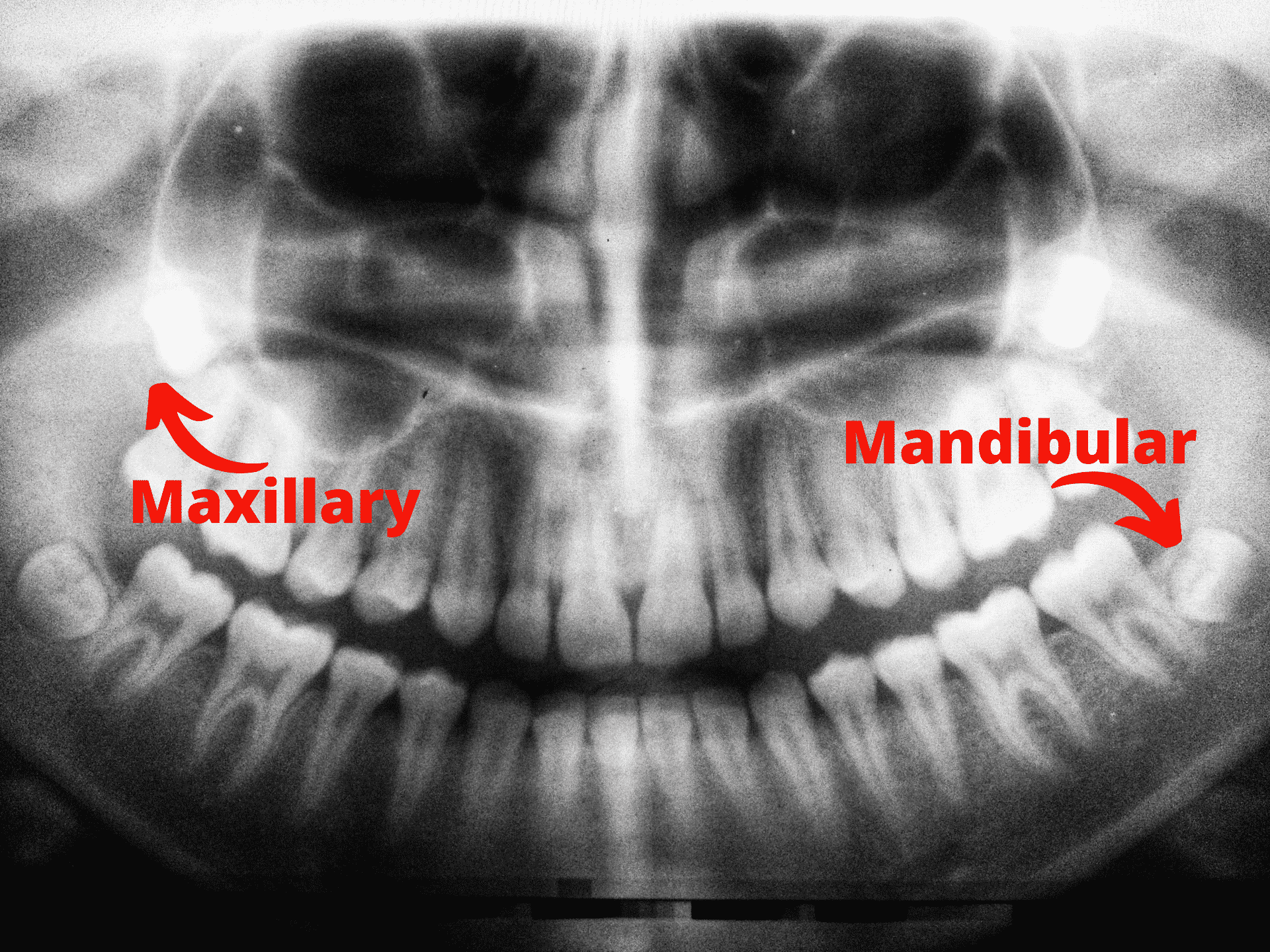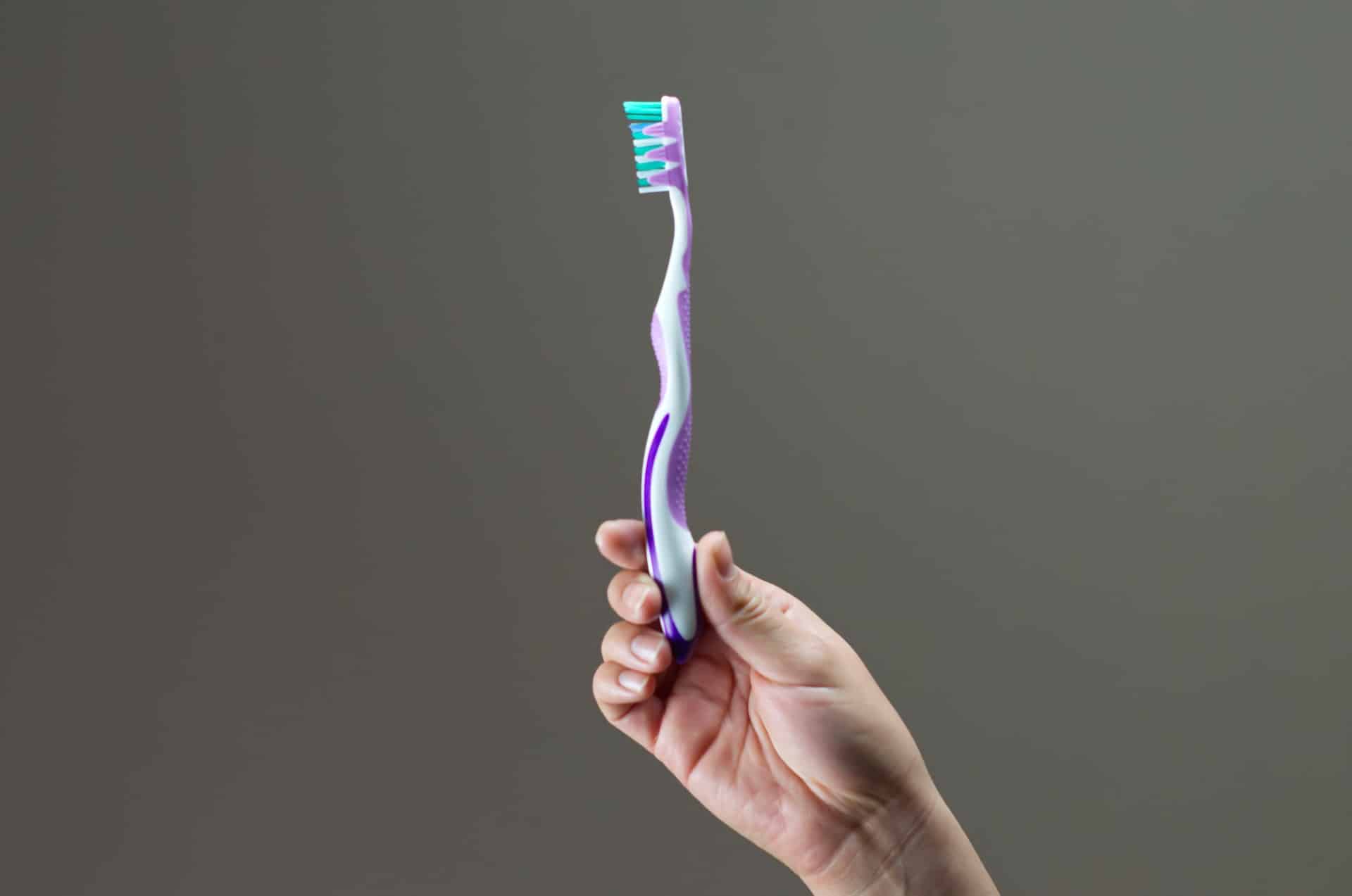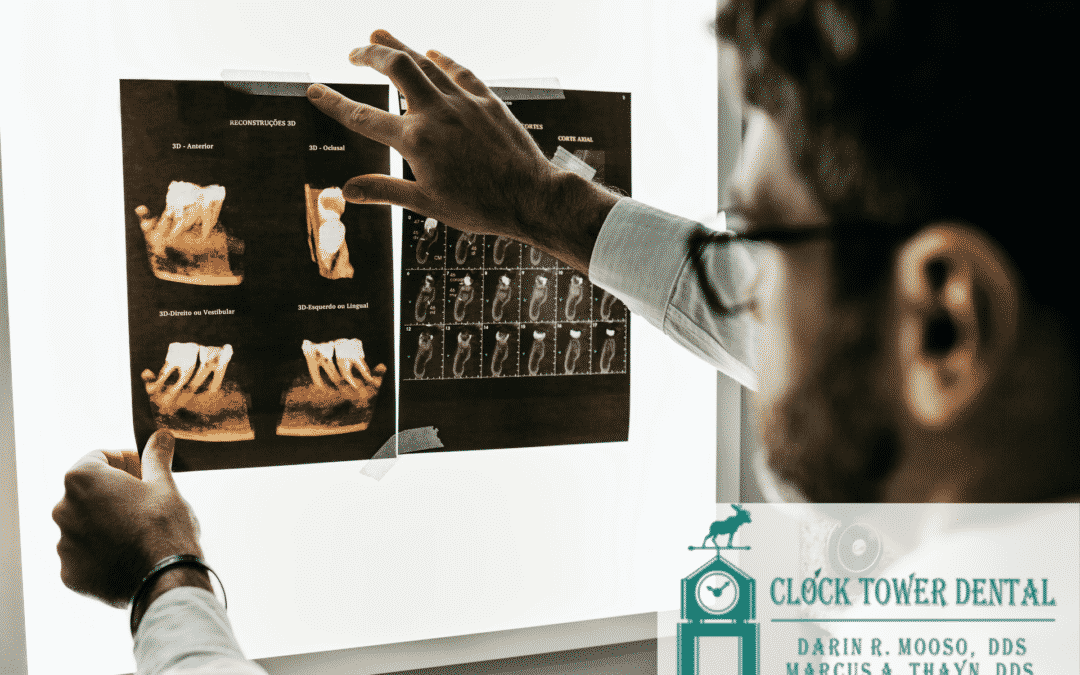At one point in your life, it is likely that you’ll have the pleasure of experiencing the joys of wisdom teeth removal. This ‘coming of age’ ritual, where you undergo wisdom tooth extraction and are rewarded with plenty of ice cream and rest, is something many people are conflicted about growing up.
On one hand, you reap the benefits of getting to relax for a few days post-surgery. On the other, proper wisdom teeth management can become quite the hassle.
We want to clear up any confusion that you may have regarding wisdom teeth and their removal. Making sure that you are well-informed when you decide whether or not to go through with wisdom tooth extraction is the key to a successful operation.
What are Wisdom Teeth?
Named for the age at which they typically come in, 17 – 21, your wisdom teeth are third molars that sit in the very back of your mouth. Wisdom teeth are the last to erupt and make up your full set of 32 adult teeth. They are molars, a tooth that is used for grinding, chewing, and clenching our food.
On average, you will have two sets of wisdom teeth, maxillary (top) and mandibular wisdom teeth (bottom).

These permanent teeth are often missing from adults’ mouths due to the fact that wisdom teeth grow crooked, sideways, or in other ways that cause misalignment within the gum tissue and necessitate their removal. A deeply impacted wisdom tooth that is left alone may negatively affect nearby teeth. The wisdom tooth will push on these other teeth, causing them to become misaligned as well.
Signs that Your Wisdom Teeth are Coming In
Because wisdom teeth erupt after the rest of your teeth have already grown in, you may be caught off guard when they finally decide to come in. Here are five signs that your wisdom teeth may be showing up soon.
- Gum irritation – Because there is typically not enough room for wisdom teeth to grow, when they begin to erupt you will feel irritation in your gums. You may also notice swelling in the gums around the second molars.
- Aches and pains in the jaw – The growth of a wisdom tooth will often result in a dull pain in the surrounding area and other teeth. For some people, this can turn into a larger problem. If so, visit a dentist.
- Pain in the face – Due to lack of enough space, a wisdom tooth can cause strain on surrounding nerves that will manifest itself as pain in the jaw, eyes, and ears.
- Red gums – The gums surrounding nearby teeth have a high chance of turning red or dark pink as the teeth push through the gums.
- White Specs – As the teeth begin to erupt you may start to see white specks behind your second molars. These are the tops of your newest teeth showing through the gum line.
Once they erupt, there is a high chance that you will have an impacted wisdom tooth, so it is a good idea to visit your dentist for a consultation.

Should You Remove Your Wisdom Teeth?
The decision to proceed with surgical removal versus retention heavily depends on if your third molar teeth have grown incorrectly or are causing you severe pain. If they are actively causing you pain and discomfort you should get your impacted wisdom teeth removed by an oral surgeon. In general, most oral surgeons and dentists will recommend that impacted teeth be removed.
Tooth extraction is sometimes unnecessary as long as these teeth have erupted completely, are biting correctly, and are able to be cleaned according to regular dental health requirements. However, some dentists may recommend the removal of asymptomatic third molars, especially if it is hard to reach them to clean them.
Keeping these hard-to-reach teeth may result in an increased risk for periodontal disease, cardiovascular disease, and gum disease. Many dentists say that this concern necessitates having the wisdom teeth removed.

When Should You Remove Your Wisdom Teeth?
If you choose to get your impacted wisdom teeth removed, the American Association of Oral and Maxillofacial Surgeons recommend you do so before the tooth’s roots are fully formed. This means the impacted wisdom teeth need to be removed sometime between the ages of 13 and 20 to prevent future dental problems.
The American Dental Association states that as you age, the risk of complications of wisdom teeth and a nearby tooth increases. As such, as soon as symptoms present themselves it would be smart to schedule the surgical procedure with a qualified oral surgeon.
Wisdom Tooth Extraction Care
After you have your wisdom teeth removed a blood clot will begin to form in the tooth socket which will aid in healing. Your oral surgeon will have placed gauze along the gum line of your mouth, and you can bite down on it to help control bleeding. Remove this pad approximately 30 minutes after your procedure.
We recommend resting for the day immediately following your oral surgery. Be sure to place a cold pack on the outside of the affected area and take prescribed pain medication as directed by your doctor.
To maintain healthy teeth and prevent tooth decay you should rinse your mouth gently at least five to six times a day. This is especially important after meals. Rinsing frequently and gently cleaning with a toothbrush reduces the risk of breaking the blood clot. It also has the added benefit of removing any bad taste within your mouth!

How Quickly Do Wisdom Teeth Heal?
The soft tissue around the extraction site will heal itself in approximately 3-4 weeks. The tissue will grow properly only if proper dental hygiene is followed.
Damage to nearby teeth and tissues may impede the area from healing properly. Dry socket is a painful condition that occurs if the blood clot fails to develop or becomes dislodged. Treat the affected area by flushing it in order for your wound to heal properly.
What Should You Eat After Wisdom Teeth Removal?
This is the part that most teens look forward to – eating soft foods! After your dental treatments, we recommend eating foods such as:
- Ice cream and sorbets (no cones!)
- Mashed potatoes
- Jell-O and pudding
- Apple sauce
- Smoothies
- Scrambled Eggs
- Blended soups and broths

All foods should be consumed at either lukewarm or cold temperatures to aid in healing. Hot beverages and foods can irritate the wound and prevent proper healing.
We also suggest avoiding spicy foods, crumbly foods, nuts and grains, fruits with seeds, and chewy foods as they can easily become stuck in the tooth socket.
Drink plenty of fluids to keep yourself hydrated, but avoid using straws as the suction they create can dislodge the clot.
If you believe it’s time for your wisdom teeth to start growing in, contact Clock Tower Dental immediately. A consultation with our expert dentists will help you decide when to proceed with the surgery, when to schedule it, and how to prepare for it. If you have questions or concerns regarding your wisdom teeth, don’t hesitate to reach out today!

